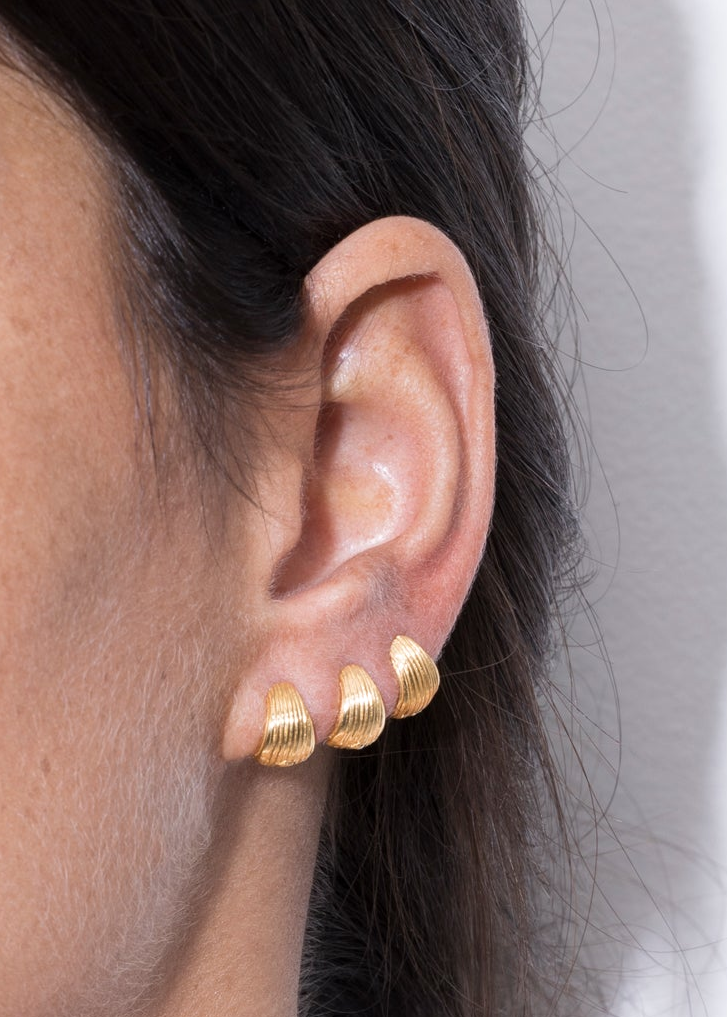snoring is noisy breathing while you sleep often described as a whistling, snorting or grumping sound. everyone has snored at some point in their lives, and it can happen every once in a while, but if you’ve been snoring for a couple of weeks or longer, than that’s an issue.
is snoring normal?
although common, snoring is not normal and it means that air isn’t able to move freely through your airway. when you breath, you push air through your nose and mouth into your throat. any blockage on its way will make these tissues vibrate against each other, creating the unpleasant snoring sound.
any flue, cold or seasonal allergies may compromise your nose and make you snore for a couple of nights, but if that’s been happening on a daily base, than you probably have an anatomy obstruction.
why me?
children mostly snore because of the enlargement of the adenoids, tonsils and nasal turbinates, while adults mostly suffer from a nasal septum deviation (which is the wall inside the nose that divides it into 2 cavities); bulky throat tissue or a long soft palate or uvula. but have you noticed that no one snores while they’re awake? that’s because sleep induced muscular relaxation contributes to this problem, making tissues softer and more likely to vibrate. likewise, I am sure you’ve already witnessed someone snoring after a couple of drinks. along with alcohol, sedative drugs, being overweight, elder and male gender are also risk factors.
is snoring bad?
it can be embarrassing, for sure, and it can be very unpleasant for your bed partner, but it can also lead to restless sleep, dry mouth and headache; you might feel moody or tired during the day, and focusing can be harder. most importantly, snoring can be a symptom of a very important disease: obstructive sleep apnea (OSA). in this condition, you experience brief breathing interruptions, causing the oxygen level in your body to drop. at that point, your brain does whatever it can to get you to resume breathing and you make a loud snore, a snort or a chocking sound as you start breathing again. this cycle takes place several times during the night, leading to daytime sleepiness, unrefreshing sleep, but also high blood pressure and higher risk of vascular events.
how do I know if I snore? is there any treatment?
if you’re suspicious that you snore, see your ear nose and throat (ENT) doctor! the diagnose is based on your symptoms and physical exam – not mentioning your bed-partner testimony- but a sleep study might be handy.
there are several surgical procedures suitable for different anatomical obstruction levels, aiming to reduce or remove excess tissue or deviated structures. it may also include lifetime changes, nasal strips, oral appliance or a breathing device.
anyway, there is a solution. everyone deserves a good night rest.
night night and sweet dreams.
cristiana coimbra, graduated in medicine in university of lisbon, is a ENT doctor at trofa saúde alfena and famalicão, cuf trindade and hospital narciso ferreira. when she takes off the mask, she is a mom who loves cake design and is very enthusiastic about throwing kids parties.









